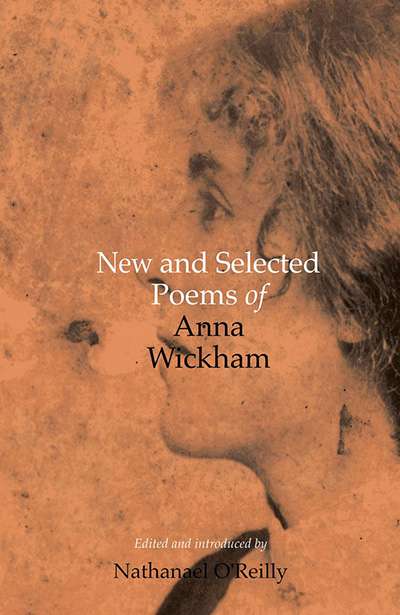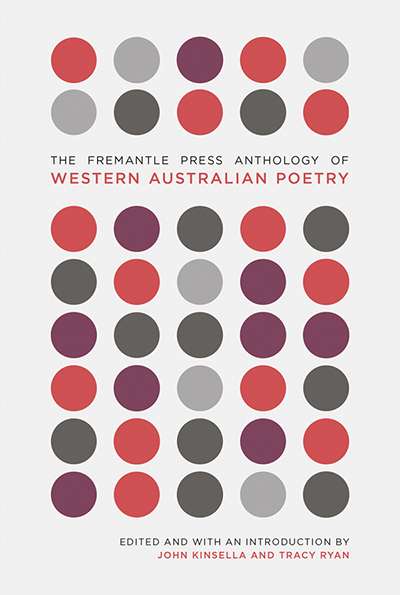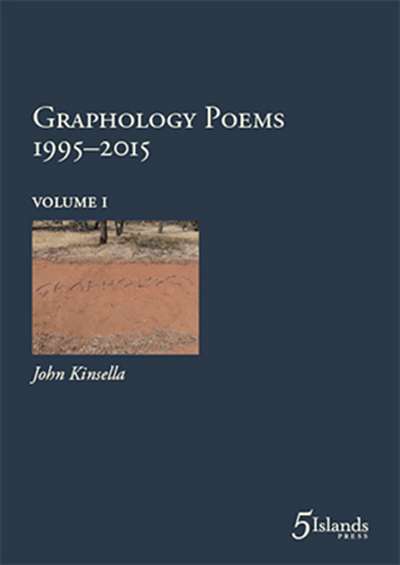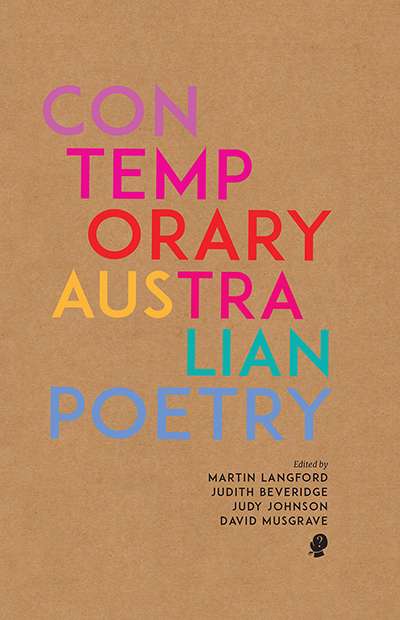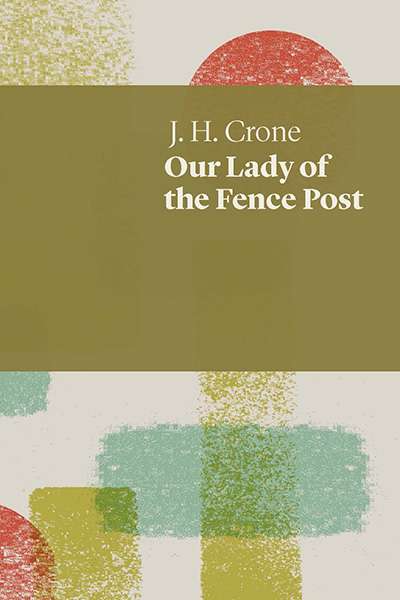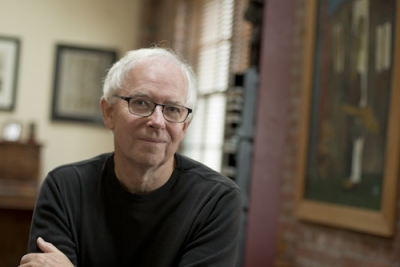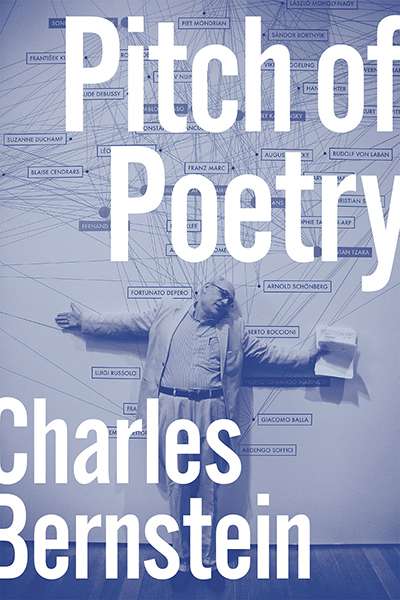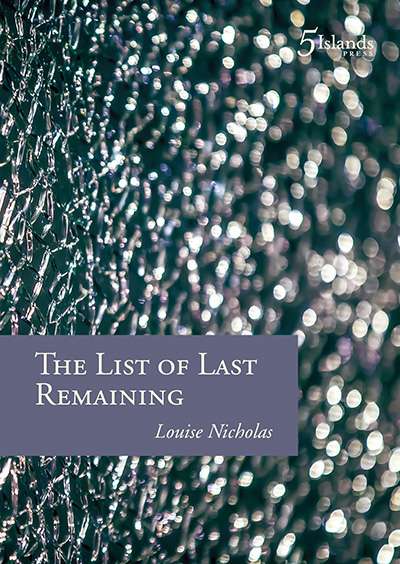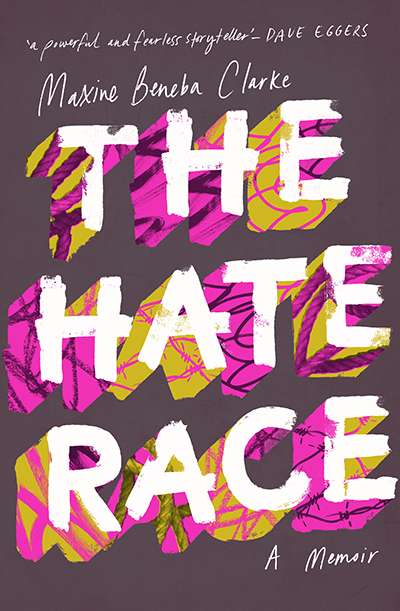Poetry
New and Selected Poems of Anna Wickham by Nathanael O’Reilly
This manifesto for free verse comes from a poet whose associates at the time included Harold Monro, Richard Aldington, and D.H. Lawrence in London, Harriet Monroe and Louis Untermeyer in New York, Natalie Clifford Barney in Paris. Anna Wickham (1883–1947) mixed with the modernist writers and artists of her time on both sides of the Atlantic and was widely admired for her early books, The Contemplative Quarry (1915), The Man with a Hammer (1916), and The Little Old House (1921).
... (read more)The Fremantle Press Anthology of Western Australian Poetry edited by John Kinsella and Tracy Ryan
The need for this book is self-evident in a way that a similarly historical anthology for New South Wales or Victorian poetry would not be. From many perspectives, Perth is one of the most remote cities in the world and there is no doubt that the state’s uniqueness is captured in this extensive, though tightly edited, selection. Despite its comparable treatment of ...
John Kinsella, who lives mostly in Australia, is a transnational literary powerhouse. Poet, fiction writer, playwright, librettist, critic, academic, collaborator, editor, publisher, activist; his activities and accomplishments are manifold. He is best known as a poet, and the publication of Graphology Poems 1995–2015 – a mammoth (and ongoing) discontin ...
Contemporary Australian Poetry edited by Martin Langford et. al.
According to The Magic Pudding, Bunyip Bluegum’s erudition is established through his ability to ‘converse on a great variety of subjects, having read all the best Australian poets’, a questionable achievement in Norman Lindsay’s day. A glance through the Annals of Australian Literature reveals the paucity of quality Australian poetry volum ...
A book called Our Lady of the Fence Post (UWA Publishing, $22.99 pb, 105 pp, 9781742589121) by a poet called J.H. Crone is an irresistible proposition, simply as a notion ...
... (read more)Ellen van Neerven, Joel Deane, and Mike Ladd present poems about journeys, recovery, and healing, from comfort food to the experience of a stroke, within overlapping landscapes as palimpsests for their respective pathways.
Reciprocity through feeding runs through Ellen van Neerven’s first collection (Comfort Food, University of Queensland Press, $ ...
Before I knew about poetry it would have been the Grimms, plus Orson Welles reading ‘The Happy Prince’. Then R.A.K. Mason, Carl Sandburg, Robert Creeley – at which point I developed a taste for clunkiness, awkwardness, tonal non sequiturs, all the way from Wyatt, Hardy, and the weirder parts of Browning, to Frank O’Hara and Stevie Smith. My poetry tastes have always been pretty chaotic: in my reading universe, Lorine Niedecker, John Betjeman, Adrienne Rich, and the Beowulf poet all rub along together.
... (read more)When Viktor Shklovsky, in his famous 1917 essay 'Art as Technique', asserts that the fundamental task of the poetic function is one of 'making strange' the reader's ...
... (read more)Poetry as the solidifying of memory, poetry as a survivor's sanguine amusement, takes a lifetime. Louise Nicholas relates autobiography through strongly considered moments ...
... (read more)The Hate Race by Maxine Beneba Clarke & Carrying the World by Maxine Beneba Clarke
Across two new titles, Maxine Beneba Clarke offers an unflinching portrayal of the impact of racism, and transcends form in turning a lens on Australian society ...
... (read more)
